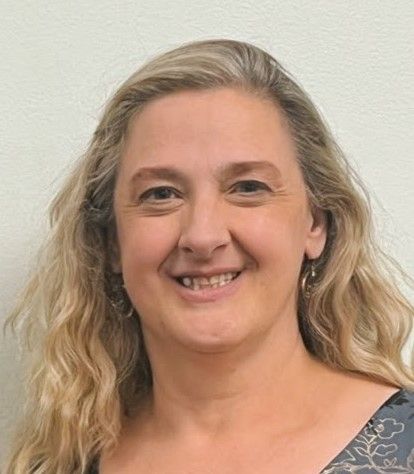

Welcome to guest blogger and Aspire OT instructors:
Lisa Baxter Hong, OTD
Joanne Trammel, MS, OTR/L
Lisa and Joanne have helped develop caregiver education as well as working with the Alzheimer's Association as community education. Together they have founded Aging Gracefully, LLC where they offer OT services to those who have dementia as well as their care partners.
When we tell people we specialize in dementia care, the
reaction is often “that must be so hard” or “that is such a terrible disease!”
People often wonder why we bother. We know that people with dementia can’t
learn, and forget everything and everyone around them, right? Wrong.
Dementia care is a very fulfilling specialty and we have had
the privilege of being a part of so many journeys through this disease process.
And although people lose abilities, we love to work with the remaining
abilities to create meaningful moments for families. That’s where OTPs
shine!
Often when we are given a client with dementia, the question
does come up as to why we treat. Our colleagues may not have the knowledge or
experience to treat effectively. Behaviors may arise that cut treatment time
short or make it impossible to complete ADLs. Without the tools to work with
this population, we can unintentionally make things worse.
So why do we treat?
Here’s a top 5 list:
- People with dementia are just that: people. People with a lifetime of experience that deserve dignity and optimal quality in this phase of life.
- Underlying conditions need our attention, but may be masked by behaviors. Injuries from falls, infection, and mobility issues can all be treated using effective tools.
- Behaviors are difficult and can decrease quality of life. Learning how to prevent and address behaviors can help keep the person safe and help families to provide better care.
- Families need tools. OTPs can help families learn ways to adapt occupations and environments to better connect with and care for their loved ones.
- Financial impact. Effective treatment of dementia can decrease need decrease injury, decrease medications, and help keep people in their homes. It can impact job satisfaction and decrease need for institutionalization.
We have seen the power of meaningful occupation in this population. Whether it is helping an avid cook to help prepare a snack, or the traveler reminisce on experiences it is a powerful effect. Helping family members have a better connection is priceless and by far the best part of job.



